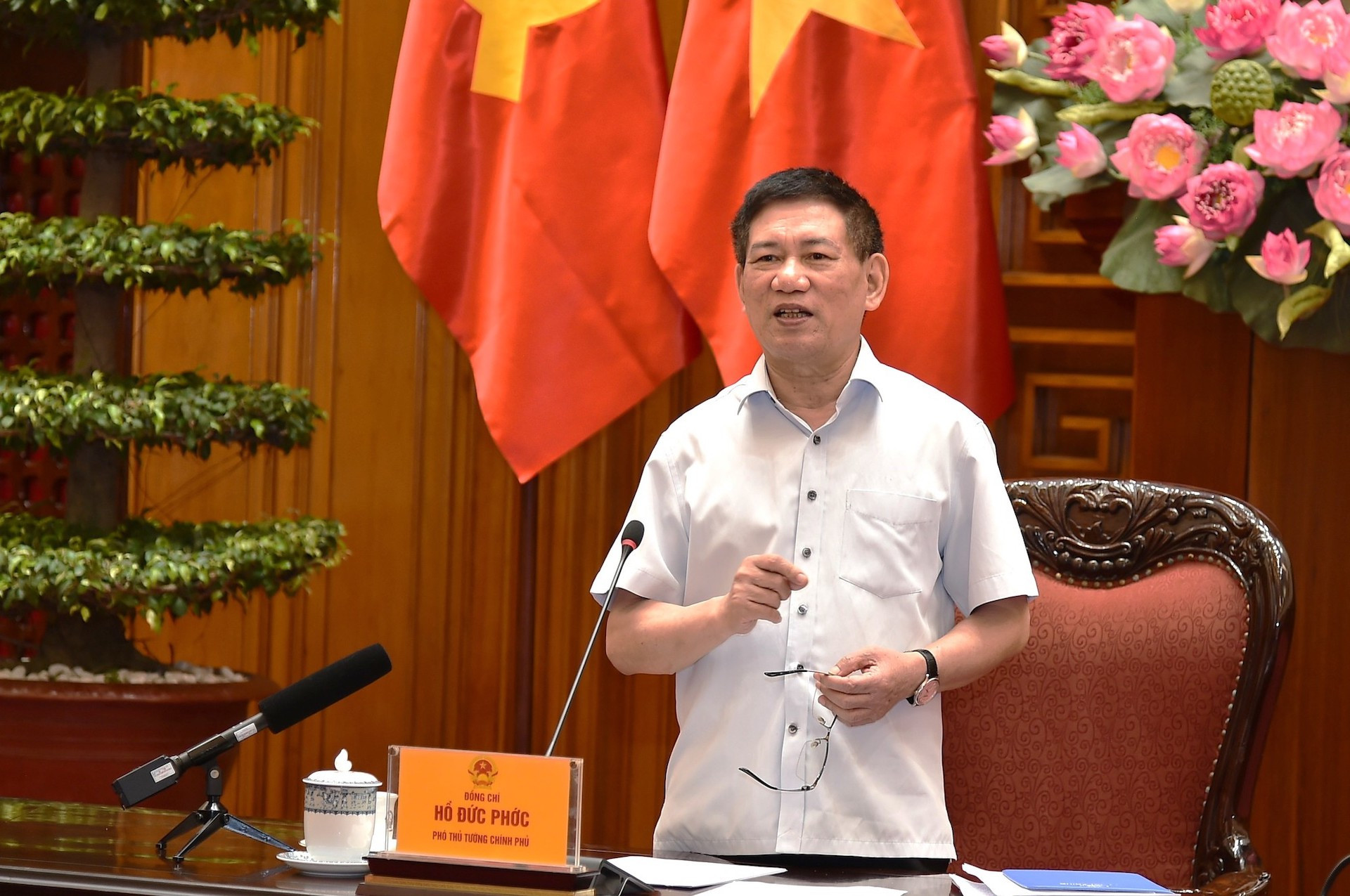Tax policy on land should not serve as a playground for speculation or a tool for draining state revenue. It must prioritize transparency, fairness, and sustainable development.
A necessary policy brake
When the Ministry of Finance proposed a 20% personal income tax on profits from real estate transfers in the draft amendment to the Personal Income Tax Law, many saw it as a bold move toward tax fairness: those who profited would pay more, and those who did not would pay nothing. The idea sounded fair, civilized, and rational.
However, sources confirmed that the Ministry has now withdrawn this proposal, maintaining the current 2% tax on total transaction value. This move marks a significant policy reversal, signaling that policymakers are willing to hit the brakes when necessary and listen to real-world conditions.

Vietnam’s real estate market, though still maturing, plays a critical role in the economy. It cannot withstand abrupt and unpredictable policy changes such as the proposed 20% tax.
If that tax had been approved, what would have happened? Consider this: nearly 22% of total outstanding bank credit is tied to real estate. Beyond bank loans, vast sums of private capital - from civil servants, businesspeople, and farmers - are also invested in property.
A sudden, sharp increase in tax could have crushed the market. Sellers would worry about taxes eating away profits, while buyers would hesitate, fearing plunging prices. The result? Capital flow would freeze, collateral assets would lose value, bad debts would surge, and the property market could crash.
At this stage, the market doesn't need a “perfectly fair” policy. It needs one that is stable, transparent, and predictable.
Imagine a scenario where tax rates shift from 2% to 20% and back to 2% overnight. Who would risk long-term investment or build a sound financial plan in such an environment? Legal uncertainty is a burden the system can and must avoid.
A playing field where the rules change constantly discourages both large investors and small stakeholders. And if only one player remains, then it’s no longer a market.
Land Law reform: Resource or speculation zone?
Any adjustment to taxes tied to real estate must align with broader reforms to the Land Law. The key question is: what’s the ultimate goal of the new policy?
The answer lies in a core principle outlined by the Central Committee at the 12th Plenary Session of the 13th Party Congress: “Land is a special national resource and a key driver of socio-economic development. It must be transparently managed for the benefit of all people.”
This principle rejects the idea of land as a playground for speculation, rent-seeking, or a state cash cow.
Yet land prices are soaring - partly due to the 2024 Land Law’s stipulation that pricing be aligned with market value. This has led to record government revenue while squeezing businesses and residents.
According to the Ministry of Finance, land-related tax revenue reached nearly $7.9 billion in the first half of 2025 - a historic high. Many provinces have exceeded revenue projections, largely thanks to “market-based land pricing.” But if this “record revenue” comes at the cost of choking off access to land for the real economy, it’s not a success - it’s a failure.
With the 20% tax now withdrawn and the draft Land Law under public consultation emphasizing “state-determined land prices,” a new question arises: where is the market headed?
Scenario 1: Eased policies spark a recovery, with property prices soaring once again. But this risks pushing the dream of homeownership out of reach for the middle class. Industrial investors, who need land, may also be priced out - an outcome seen over the past year.
Scenario 2: The market cools, prices plummet, and a “hard landing” ensues. This brings a cascade of consequences: banks drowning in bad debt, investors stuck with unsellable assets, real estate firms collapsing, and ripple effects across construction, materials, interior design, and finance.
In short, whether property prices rise or fall, the consequences are real. What the market truly needs now is a smart, well-calibrated policy that prevents extreme swings - up or down.
The Ministry’s withdrawal of the 20% tax is a wise move. It avoids a policy shock and demonstrates a willingness to listen and adapt.
There are countless global lessons in property taxation, land management, and ownership regimes from countries at similar development levels. Why not learn from them?
The real challenge lies ahead: designing a comprehensive, coherent framework that aligns tax, land, investment, and income policies. It must have principles, vision, and practical enforceability. Constantly changing laws only create market confusion.
If a policy is unstable, unpredictable, or appears rigged in favor of specific winners, investors will withdraw - and there will be no one left on the playing field.
At the July 31 meeting with ministries, associations, and real estate and securities businesses, Deputy Prime Minister Ho Duc Phoc emphasized that the Personal Income Tax Law affects millions of people and has far-reaching consequences. Therefore, any changes must be carefully studied and based on a thorough impact assessment.
He urged the Ministry of Finance to consider reasonable feedback, especially regarding taxes on real estate transactions, stocks, dividends, bonus shares, and personal deductions. The revised draft law must be of the highest quality, ensuring feasibility upon enactment.
Tu Giang